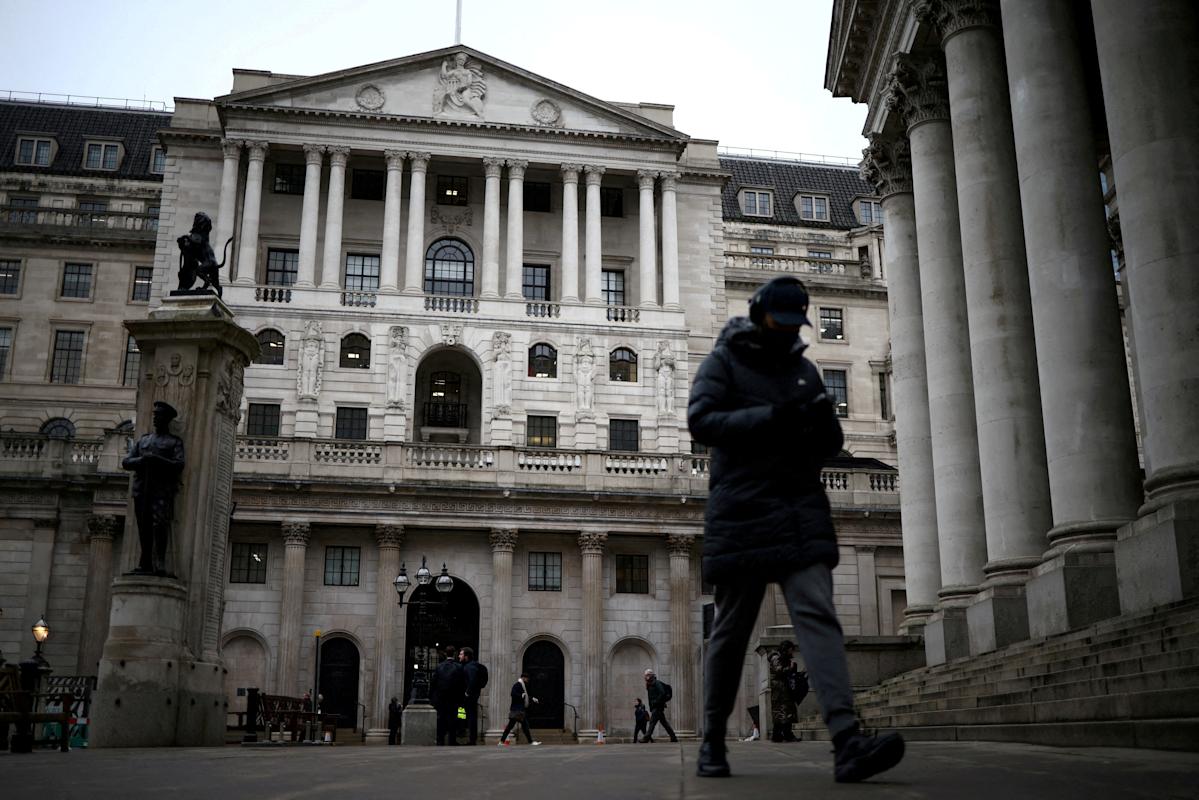Inflation and interest rates will be in focus in the coming week, along with earnings from companies across a range of sectors.
Markets will be closely monitoring the latest UK inflation data, which is due out a day before the Bank of England’s (BoE) next interest rate decision, particularly given the sharp uptick in price growth in April.
In terms of company earnings, investors will be keeping an eye on the latest results from US-listed consultancy firm Accenture (ACN), given the company narrowed its revenue growth guidance for the year and warned of the impact of federal spending cuts in its previous quarterly update.
On the London market, Berkeley (BKG.L) is due to report, with focus expected to be on whether the housebuilder has any updates cash return plans.
Premier Inn-owner Whitbread is another FTSE 100 (^FTSE) company due to update on its performance, following a slower start to year for its UK business.
Here’s more on what to look out for:
In April, UK inflation rose to 3.5%, which was higher than the 3.3% forecast by economists and marked a jump from the 2.6% recorded in March.
The Office for National Statistics (ONS), which publishes the data, said that the uptick in inflation was driven by large increases in household bills, with energy costs higher due to changes to the Ofgem price cap.
The ONS later said the headline inflation figure had been overstated, due to an error in car tax data, revising it down to 3.4% – though this was still well above the March reading.
Price growth is expected to remain sticky with Bank of America (BAC) economists saying in a note on Friday that they expected headline inflation to decline slightly in the May consumer prices index (CPI) report to 3.3%.
Inflation data is closely watched by central banks, as they have been using higher interest rates to try to bring the rate of price growth back down to their 2% target.
Read more: UK economy shrinks by 0.3% in April
Susannah Streeter, head of money and markets at Hargreaves Lansdown, said: “Even though high wage growth is easing off and vacancies are falling as firms hold back from recruiting, pay growth is still outpacing inflation.”
Annual wage growth excluding bonuses in April eased to 5.2%, according to ONS data released last week, which marked the second consecutive monthly decline.
“Add Trump’s tariffs into the mix of uncertainty, and policymakers are set to stay in ‘wait-and-see mode’, taking longer to assess the path ahead for prices,” said Streeter. “But, with the latest GDP (gross domestic product) figures indicating that the economy is stagnating, financial markets are pricing in two more rate cuts this year, one by September and another in December.”
